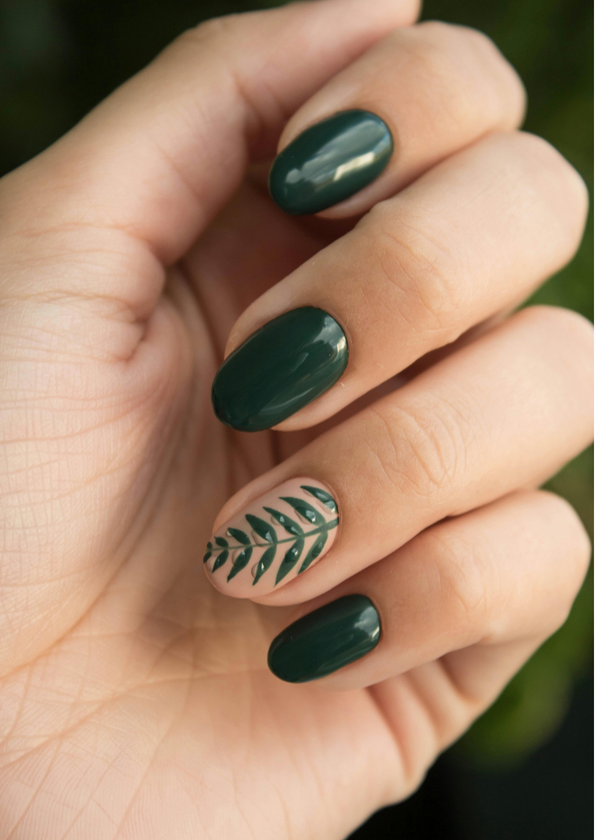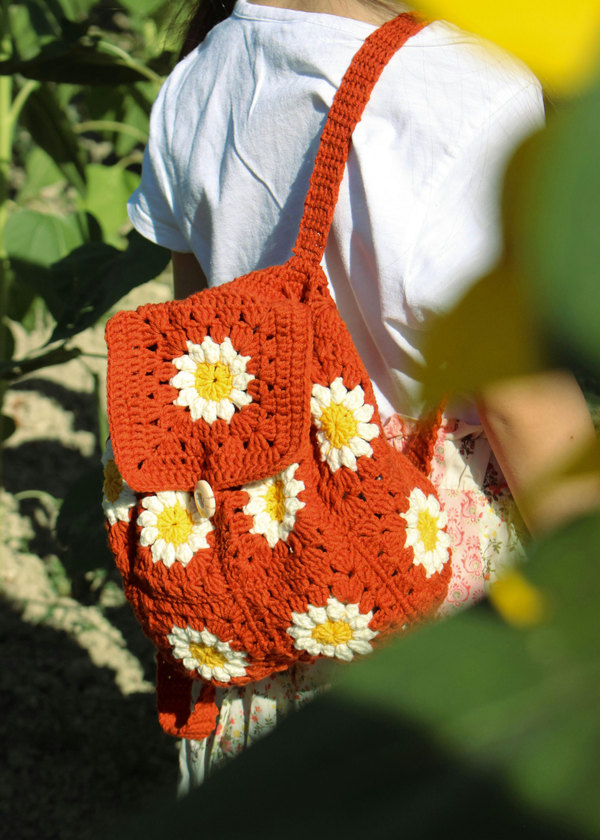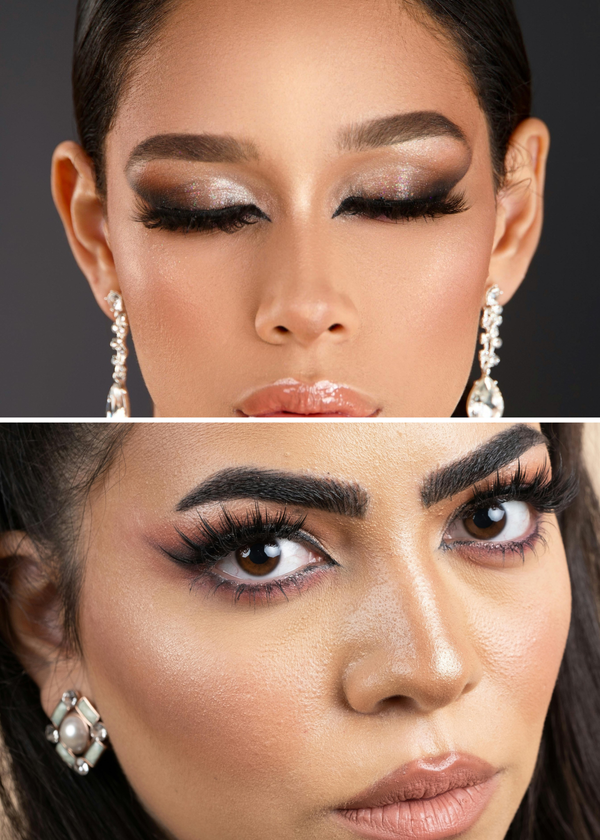In the ever-evolving world of skincare, it's not uncommon to come across unique and unconventional ingredients and techniques that promise to give you that radiant, flawless complexion.
One such beauty ritual that has gained popularity in recent years is using rice water as a face wash.
While this may sound like an unusual concept, rice water has been a long-standing beauty secret in many Asian cultures, known for its potential skin-enhancing benefits.
In this article, we'll dive deep into the world of rice water face wash, exploring its historical roots, scientific evidence, and practical application to determine whether it's truly a good choice for your skincare routine.
The Age-Old Tradition of Rice Water
Rice, a staple food in many parts of Asia, has played a significant role in both cuisine and beauty rituals for centuries.
The use of rice water in skincare can be traced back to ancient Japan, China, and Korea, where women would collect the milky water left behind after rinsing rice. They believed that this natural byproduct possessed numerous skin-improving properties.
Nutrient Composition of Rice Water
To understand the potential benefits of rice water for the skin, it's essential to examine its nutrient composition. Rice water contains several components that could contribute to its skincare appeal:
1. Vitamins:
- B Vitamins: Rice water is rich in B vitamins, particularly B1 (thiamine), B2 (riboflavin), B3 (niacin), B5 (pantothenic acid), and B6 (pyridoxine). These vitamins are known for their skin-nourishing properties and may help maintain healthy skin.
2. Amino Acids:
- Amino acids: Amino acids are the building blocks of proteins, and they play a crucial role in maintaining skin health. Rice water contains amino acids such as proline, alanine, and lysine, which can contribute to skin repair and hydration.
3. Antioxidants:
- Ferulic Acid: Rice water contains ferulic acid, a potent antioxidant known for its ability to protect the skin from free radical damage, potentially reducing signs of aging.
4. Minerals:
- Minerals: Rice water contains minerals like calcium, magnesium, and potassium, which are essential for maintaining skin's natural balance and hydration.
5. Starch:
- Starch: The starchy component of rice water can have a soothing effect on the skin, which may help calm irritation and redness.
Potential Benefits of Rice Water for the Skin
Now that we've examined the nutrient composition of rice water, let's explore the potential benefits it can offer to your skin:
1. Skin Brightening:
- The B vitamins in rice water, particularly niacin (B3), are believed to help brighten the skin and improve its overall texture. Niacin is known for its ability to reduce the appearance of dark spots and hyperpigmentation.
2. Anti-Aging Properties:
- The antioxidants present in rice water, such as ferulic acid, can help combat free radicals that contribute to premature aging. Regular use of rice water may reduce the appearance of fine lines and wrinkles.
3. Hydration:
- The amino acids and minerals in rice water help lock in moisture, making it an effective natural moisturizer for dry and dehydrated skin.
4. Soothing and Calming:
- The starch in rice water can have a soothing effect on the skin, making it suitable for those with sensitive or irritated skin conditions.
5. Skin Barrier Support:
- Rice water's nutrient profile may contribute to strengthening the skin's natural barrier, helping it defend against environmental stressors.
Scientific Evidence: Does Rice Water Face Wash Really Work?
While the historical use and nutrient composition of rice water suggest potential benefits for the skin, it's crucial to consider scientific research to determine if these claims hold up under scrutiny. Although there is limited direct scientific evidence specifically examining rice water face wash, several studies shed light on some of its potential skincare benefits:
1. Brightening Effect:
- A study published in the International Journal of Cosmetic Science in 2013 found that rice bran extract, a close relative of rice water, can have a brightening effect on the skin. This study suggests that rice-based products may indeed help improve skin tone and radiance.
2. Antioxidant Properties:
- Research published in the journal Food Chemistry in 2012 highlighted the antioxidant potential of rice bran extract, indicating that it could help protect the skin from oxidative stress.
3. Skin Hydration:
- A study in the Journal of Cosmetic Dermatology in 2017 examined the effects of a topical moisturizer containing rice bran extract. The results showed improved skin hydration and barrier function, suggesting that rice-based products can be beneficial for dry skin.
While these studies provide promising insights, more research specifically focusing on rice water as a face wash is needed to draw definitive conclusions about its effectiveness.
How to Use Rice Water as a Face Wash
If you're interested in incorporating rice water into your skincare routine, here's a simple guide on how to make and use it:
Ingredients:
- 1/2 cup of rice (white, brown, or jasmine)
- 2 cups of water
Steps:
- Rinse the Rice: Place the rice in a bowl and rinse it thoroughly with water to remove any impurities or excess starch.
- Soak the Rice: Add 2 cups of water to the rinsed rice and let it soak for about 30 minutes. Swirl the rice around with your fingers during this time to release its nutrients into the water.
- Strain the Rice Water: After soaking, strain the rice water into a clean container, separating it from the rice.
- Store and Use: Store the rice water in a sealed container in the refrigerator for up to one week. To use it as a face wash, simply soak a cotton pad or cloth with the rice water and gently apply it to your face, avoiding contact with your eyes. Rinse with lukewarm water after a few minutes.
Precautions and Potential Side Effects
While rice water is generally considered safe for most skin types, it's essential to be mindful of potential side effects:
- Allergic Reactions: If you have a known rice allergy, avoid using rice water on your skin, as it could lead to an allergic reaction.
- Irritation: As with any skincare product, individual skin sensitivity varies. Conduct a patch test before using rice water on your face to ensure it doesn't cause irritation or redness.
- Rinse Thoroughly: Make sure to rinse your face with lukewarm water after using rice water as a face wash to remove any residue.
Conclusion: The Rice Water Face Wash Verdict
In conclusion, the use of rice water as a face wash has a rich history and potential skincare benefits that are supported by both tradition and limited scientific research.
Its nutrient-rich composition, including B vitamins, amino acids, antioxidants, and minerals, suggests that it could contribute to brighter, hydrated, and healthier skin.
However, it's important to acknowledge that skincare is highly individualized, and what works for one person may not work for another. If you're intrigued by the idea of incorporating rice water into your skincare routine, give it a try and monitor how your skin responds.
Remember to perform a patch test, especially if you have sensitive skin, and discontinue use if you experience any adverse reactions.
As with any skincare regimen, consistency is key. If you decide to make rice water a part of your daily routine, be patient and give it time to show results.
While rice water alone may not be a miracle solution for all skin concerns, it can be a valuable addition to your skincare arsenal, working in harmony with other products to help you achieve that radiant complexion you desire.








